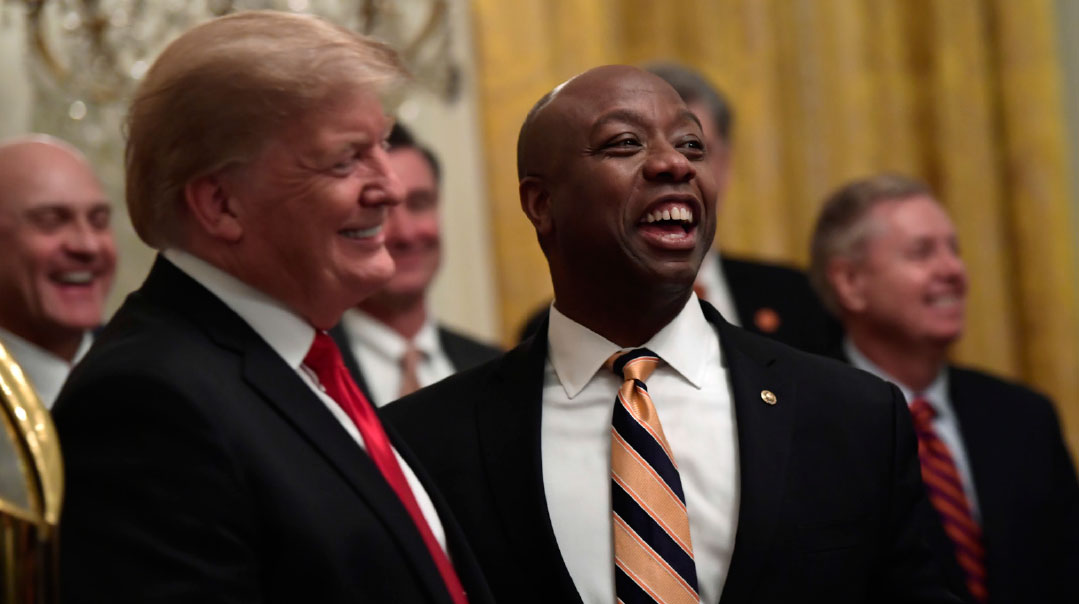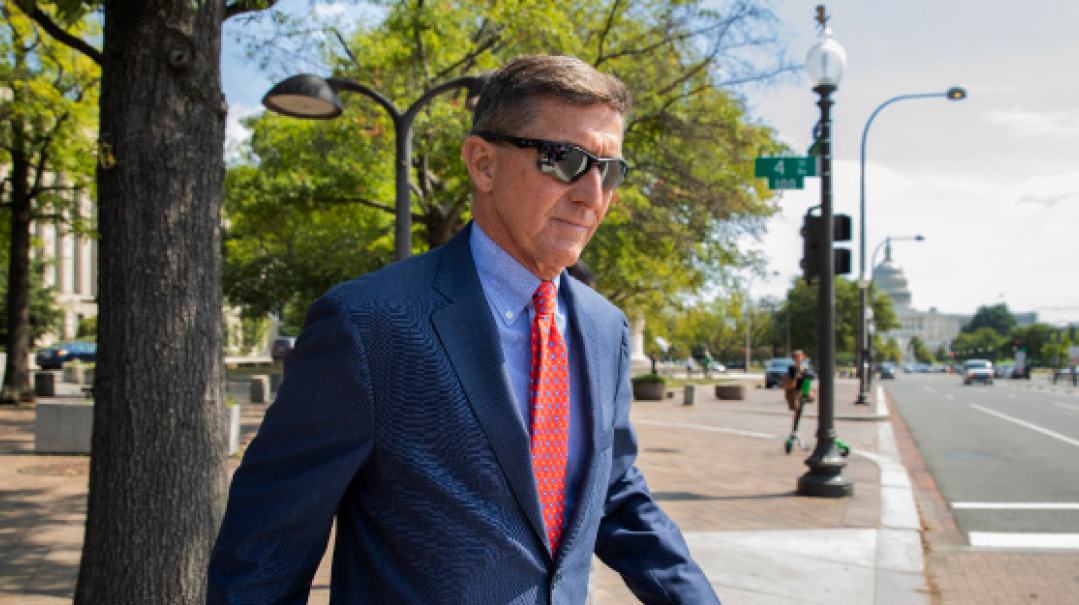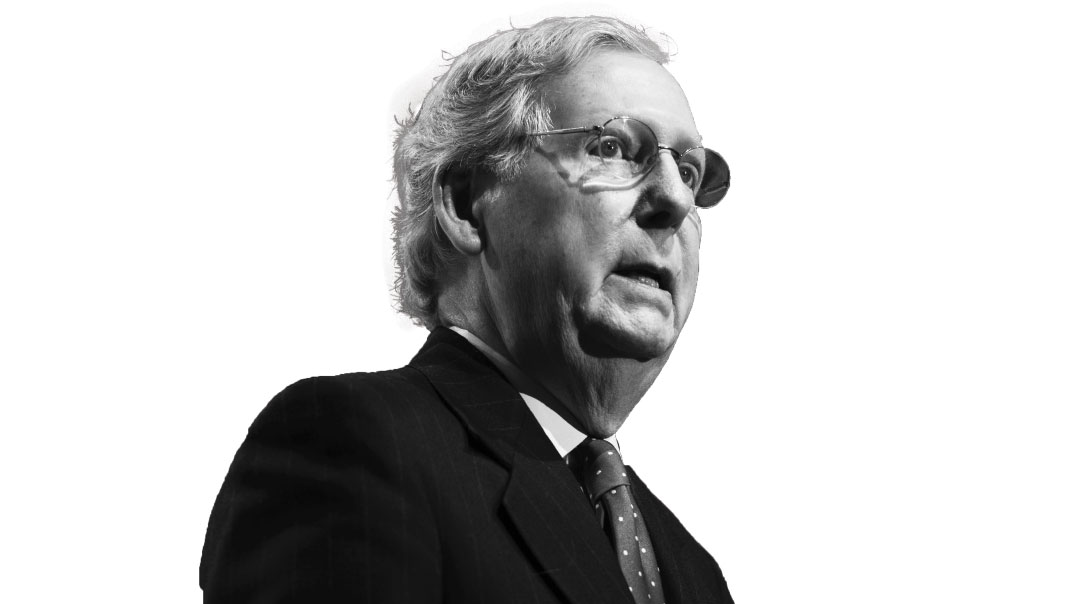Can Donald Trump Capture the Black Vote?

Election season: it’s an unfolding drama with abundant surprises

Is Donald Trump a racist?
Ask a journalist/entertainer at CNN or MSNBC and the answer will almost certainly be yes. Ask the White House and they will tell you that no president has ever delivered a lower unemployment rate for African-Americans. And no president — despite past promises — has ever managed to pass criminal justice reform that benefits many minority communities.
But what do black voters think?
That has been the subject of raucous debate over the last week. In 2016, Republican candidate Trump won just 8 percent of the black vote. But a new poll by Washington pollster James Zogby shows that 22 percent of black voters now back Trump — nearly tripling his share.
It must be said that Zogby is in the minority. One poll, conducted by Third Way and the Joint Center, a policy center that seeks to better the standing of black Americans, found that black voters are especially motivated to vote this year — to unseat Donald Trump. Respondents said that Trump has emboldened people with racist views and has been a “disaster” for the country.
Whatever the case, Trump’s campaign clearly believes it can capture at least part of the black vote. Witness the advertisement on Super Bowl Sunday that highlighted Trump’s successful push for criminal reform, along with the number of African-Americans he highlighted in his recent State of the Union speech. The thinking goes like this: in a record-setting economy, with record-low unemployment, why wouldn’t an average black voter vote for Trump? Especially if given the choice of Bernie Sanders, Pete Buttigieg, or Michael Bloomberg, all of whom have had trouble connecting with the African-American electorate, for separate reasons.
But really, black voters for Trump?
New York City–based political consultant Hank Sheinkopf thinks Trump and his team are dreaming. “All the data shows one thing: that the cueing device [the most important factor in deciding how someone votes] for African-Americans is the Democratic Party. So the likelihood of Trump getting a substantial number of African-American votes is not significant.”
Jim Arkedis, CEO of Arkedis Strategies in Washington, D.C., said it’s difficult to determine at this point how seriously the Trump campaign will pursue this strategy. On the one hand, the campaign did spend lavishly for a Super Bowl ad. On the other, it’s early in the campaign, and there will be funding needs from every corner.
Interestingly, Arkedis echoed a theory that I had encountered elsewhere, which posits that Trump’s pursuit of the black vote isn’t really about changing the minds of the group (along with Jews) most committed to the Democratic Party. Rather, it’s about suburban women.
If Trump can dismiss the meme that he’s an incorrigible racist (see: Charlottesville, the comments of former lawyer Michael Cohen), that will give suburban women just enough reason to vote for him. They want to vote for him anyway — the economy is screaming, they don’t want socialized health care — so if they can convince themselves that Trump has been misunderstood on the issue of race, they just might pull the lever in states like Ohio, Wisconsin, Florida, and Pennsylvania where Trump needs their votes most. Suburbanites are precisely the voters who swung to the Democrats in the 2018 midterm elections, delivering the party control of the House of Representatives.
Trump won the 2016 national election by razor-thin margins: Michigan by 0.03 percent, Wisconsin by 1 percent, and Florida and Pennsylvania both by 1.2 percent. That’s a few thousand votes, and the Trump campaign knows it.
Arkedis: “If [the Trump campaign] really does feel like they can peel off or discourage or muddy the waters to the point where enough [suburban women] don’t turn up for the Democratic nominee, that would be good [for them]. But the idea that they are going to convince any number but a small percentage of Democratic voters is a fiction.”
In part, Arkedis and Sheinkopf agreed, the preferences of these swing voters will be shaped by the identity of the Democratic nominee for president. Sheinkopf called both parties’ coalitions “brittle.” Donald Trump has a strong base in the South and Democrats control both coasts, but beyond those areas, many states are in play.
Of course, it’s impossible to predict who will emerge as the Democratic candidate nominee, but Arkedis calls Pete Buttigieg a “ferocious campaigner” and says Sanders has the opportunity to appeal to working-class voters who might identify with his message of class and race-based inequality. At the same time, Arkedis worries that Sanders’s self-professed socialism could alienate swing voters and lead to a “wipe out” across the country.
And then there’s Mike Bloomberg. He’s got billions of dollars and he’s waiting until Super Tuesday, three weeks from now, to enter the race. By that time, several candidates will have quit the contest and the contrasts between the candidates will be clearer.
In Sheinkopf’s words, “Chaos presents opportunity.” It just might be that a wealthy and successful businessman will look appealing compared to a political novice, an aged former vice president, or a firebrand radical senator.
That’s what’s exciting about election season: it’s an unfolding drama with abundant surprises.
(Originally featured in Mishpacha, Issue 798)
Oops! We could not locate your form.













